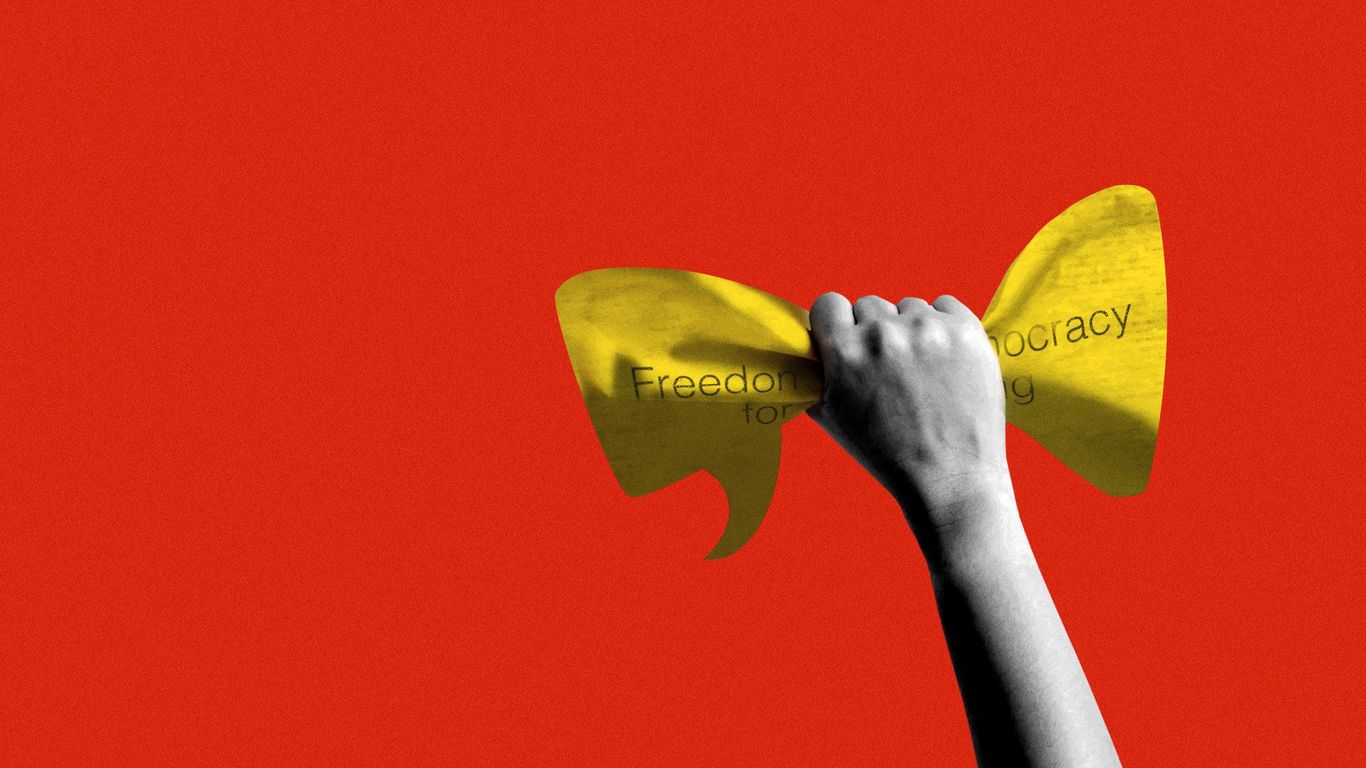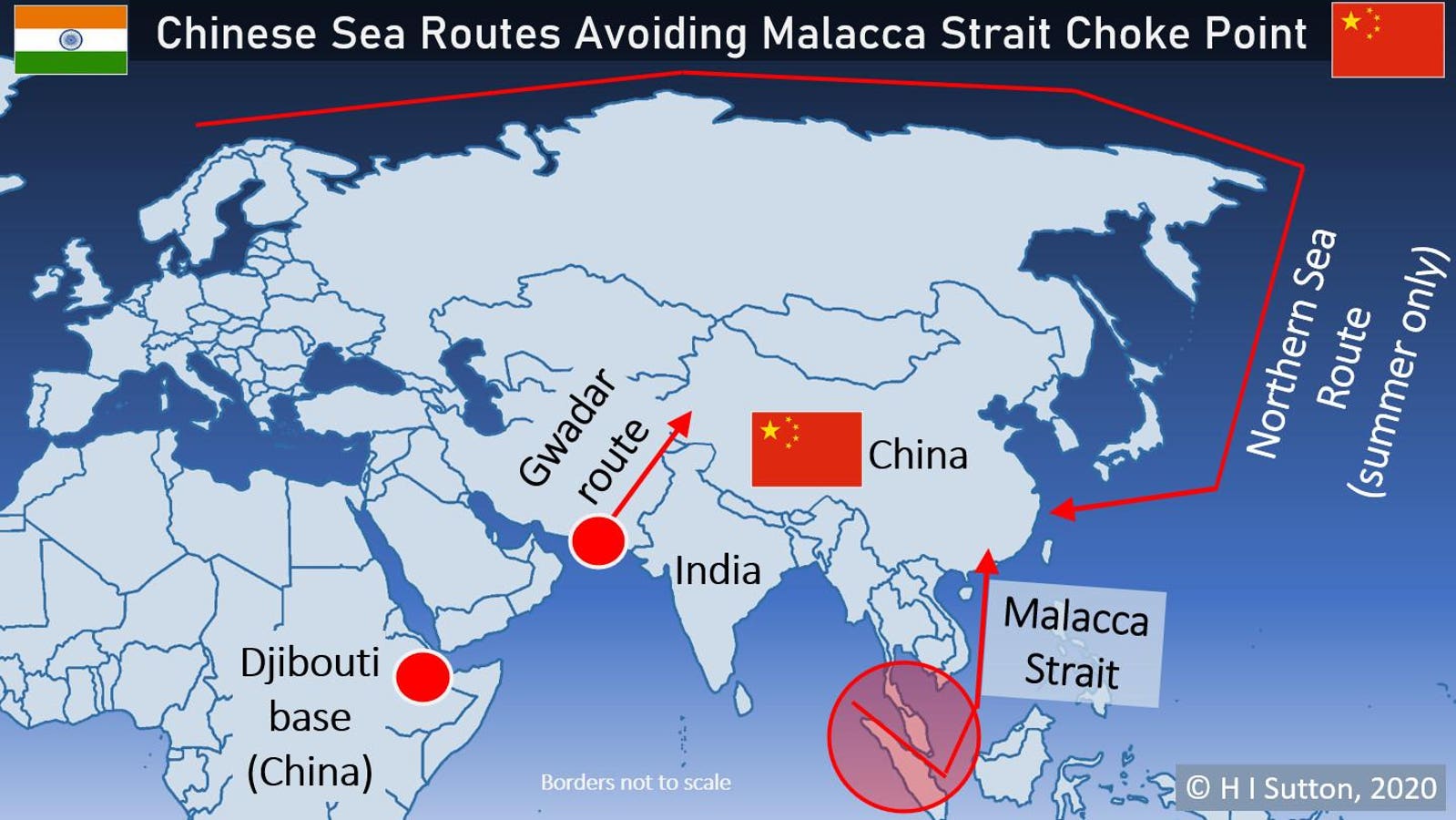It’s actually interesting that you mention the Rashtrakutas. There is something very interesting to be learnt from the way Govinda III, one of the greatest of the Rashtrakutas emperors, especially militarily, dealt with an imminent threat. The Gurjara Pratihara King Nagabhatta was militarily asserting himself in N.India. He defeated Dharmapala of the Pala Kingdom of the east and began defeating other smaller rulers and consolidating himself. Rashtrakuta Emperor Govinda III saw him as an imminent threat, not least because Naghabhatta’s father Vatsaraja had once been defeated by Govinda’s father Dhruva Dharavarsha. He did two things, first he sent his brother Indra to keep an eye on the passes of the Vindhyas to prevent being taken by surprise in case Nagabhatta attacked while he was preparing for war. Second, he pacified the smaller kingdoms of the south (what we can see as internal troublemakers in present context) before finally taking his army up North (handing the control of the kingdom to his brother Indra) where he met the ascendant Gurjara Pratihara King Nagabhatta head on some 80 km from Bhopal. It took the Rashtrakuta army less than half a day to completely crush the Gurjara Pratihara army and Nagabhatta had to flee the battlefield. Dharmapala who had already tasted defeat from Nagabhatta and probably remembering his earlier walloping at the hands of Govinda’s father promptly sent his tributes. Govinda III would stay in N.India for a short period of time going further up North before finally coming back down South where the rulers who he had pacified were getting brave in his absence. After soundly walloping the whole lot of them and dealing with them harshly ( some so harshly that the king of Ceylon promptly sent him tributes in case he turned his attention even further south), he would rule as the militarily unmatched emperor in India for the rest of his life.
Draw a connection to what happened when the Chinese came to the border, internal saboteurs kept running and remain running amok. Unless we deal with them, taking lessons from history, we will always have to keep one eye on the shenanigans of the opportunists within even when we are dealing with an national emergency. Also important to prepare the grounds and strike at the time of our choosing while keeping an eye on the enemy for any sudden surprises. Govinda III might have lived 1200 years ago but some military tactics remain as sound today as they were then.





